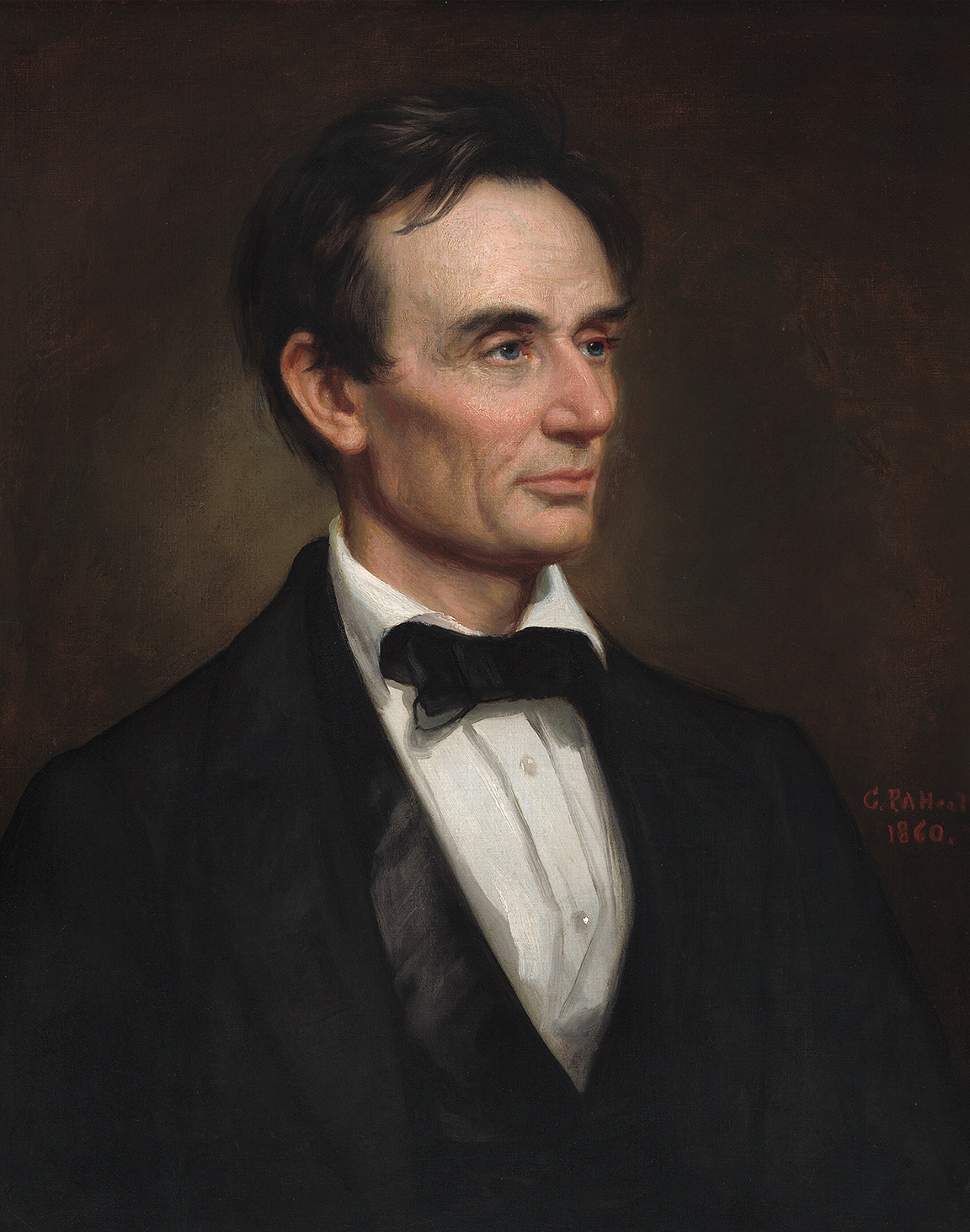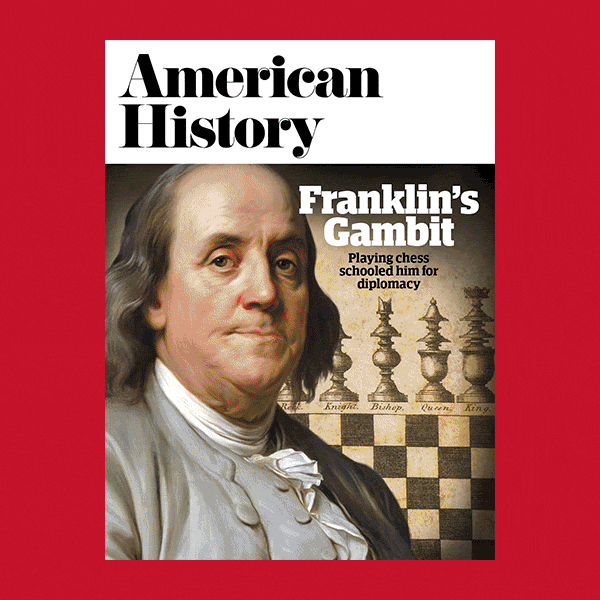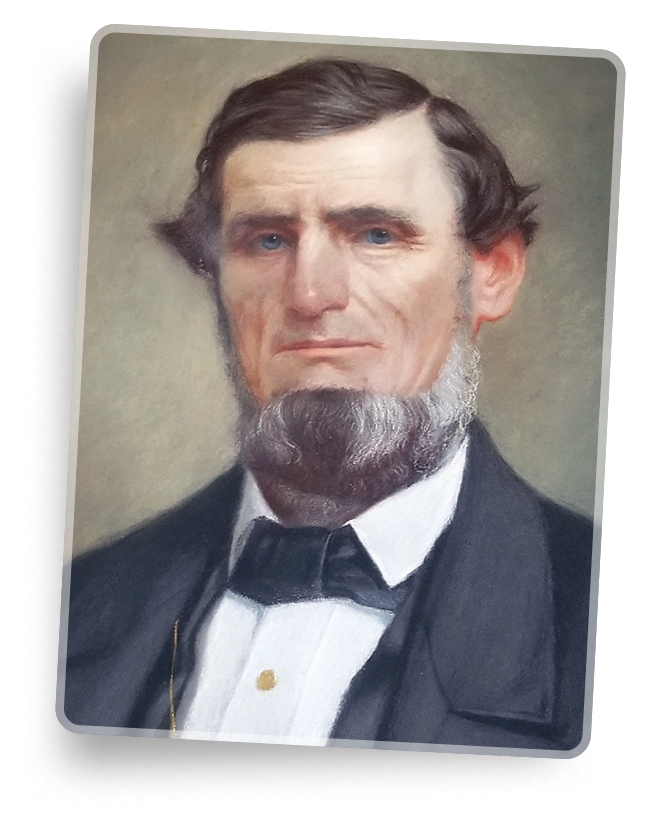
In 1858, Abraham Lincoln casually and unwittingly created a time capsule of his updated contemplating on slavery and race relations – not hidden in a cornerstone, nevertheless inside the kind of a 3.25 x 5.78 inch black advertising marketing campaign pocket guide that he shared with Captain James N. Brown, a long-time buddy and comrade.
It was the last word days of Lincoln's Senate advertising marketing campaign in the direction of Stephen A. Douglas, and Brown was working for the Illinois state legislature, partly at Lincoln's encouragement. Nonetheless, Brown bought right here beneath assault resulting from his ties to Lincoln. Fierce opponents talked about that Lincoln – and by extension Brown – supported and wished to end in social and political equality for Negroes.
Brown implored Lincoln to take a clear stance on Negro equality, which Brown often called the “paramount topic” of the day. Lincoln agreed and recorded a so-called “scrapbook” containing data clippings of his speeches on the subject and a final 8-page letter, transcribed proper right here.
Brown used Lincoln's pocket guide throughout the final days of his advertising marketing campaign. It didn't help. He misplaced the election.
The scrapbook was treasured by Brown and, after his demise in 1868, by his sons William and Benjamin. Finally they supplied it to New York unusual e-book vendor George D. Smith, who found a purchaser in Philadelphia Lincoln collector William H. Lambert, who believed Lincoln's phrases warranted wider distribution and printed a mannequin of the pocket guide in 1901 as Abraham Lincoln: His E guide: A Facsimile Duplicate of the Genuine with an Clarification by J. McCan Davis.
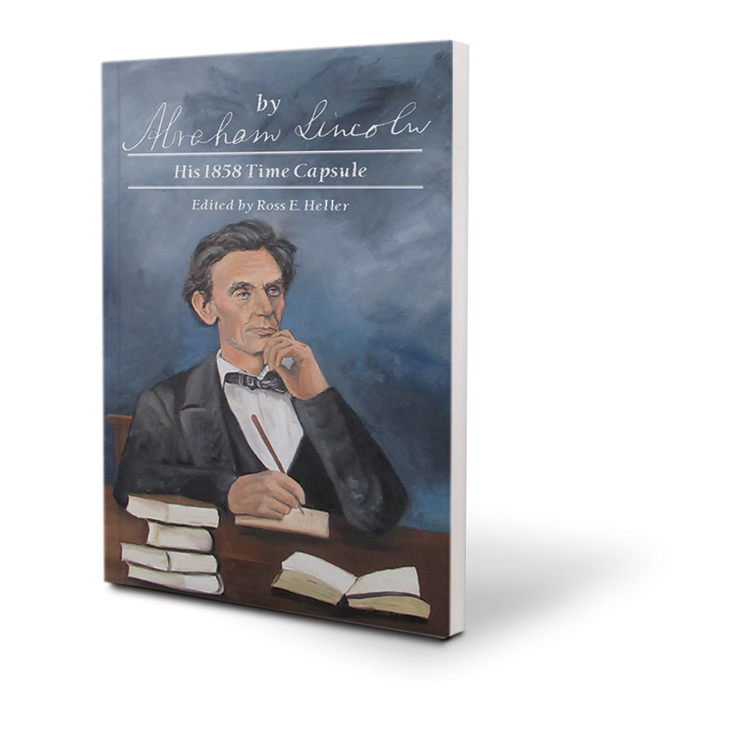
After Lambert's demise, the “scrapbook” was auctioned off in 1914; and purchased for Henry E. Huntington's library in San Marino, California.
Over the course of his career, Ross E. Heller, holder of a grasp's diploma in journalism from the Faculty of Oregon, has been a journalist, press secretary to the U.S. Senator, lobbyist, affiliation authorities, entrepreneur, newspaper author and now editor/author. In researching this e-book, he moreover discovers new details about America's most historic lives; a life no one imagined one thing new would possibly ever be found.
This textual content is an excerpt from From Abraham Lincoln: His 1858 Time Capsuleedited by Ross E. Heller and printed by CustomNEWS, Seaside Books.
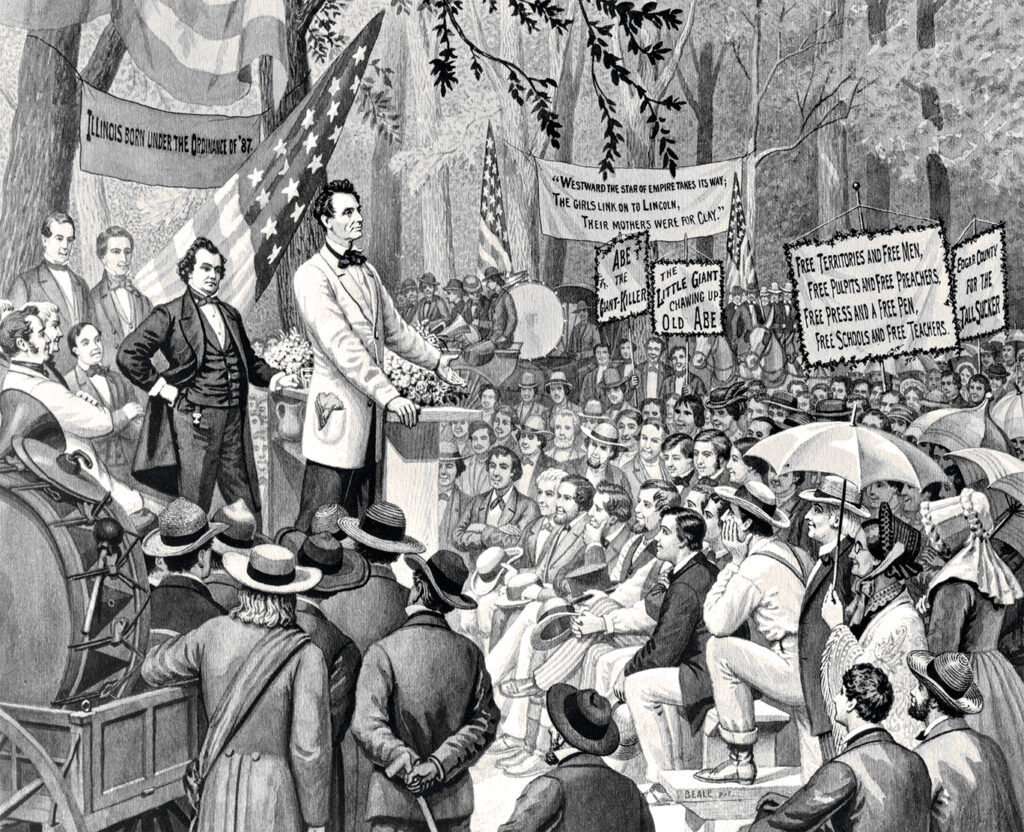
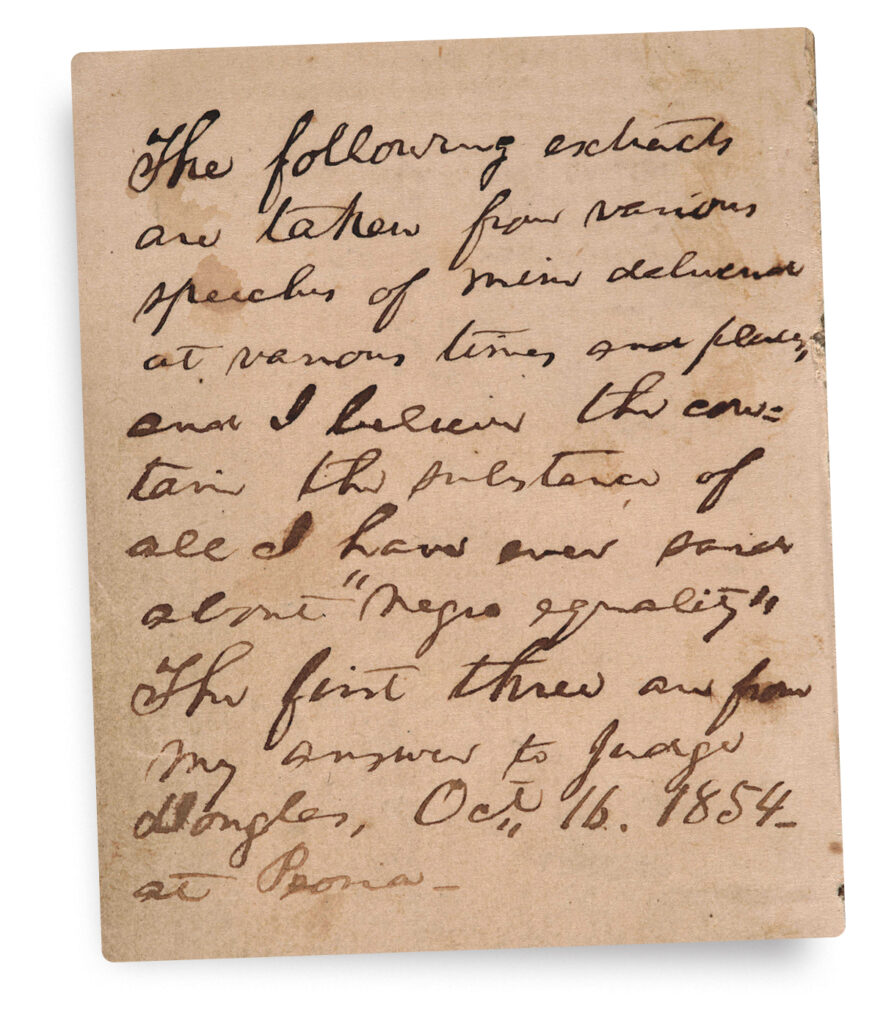
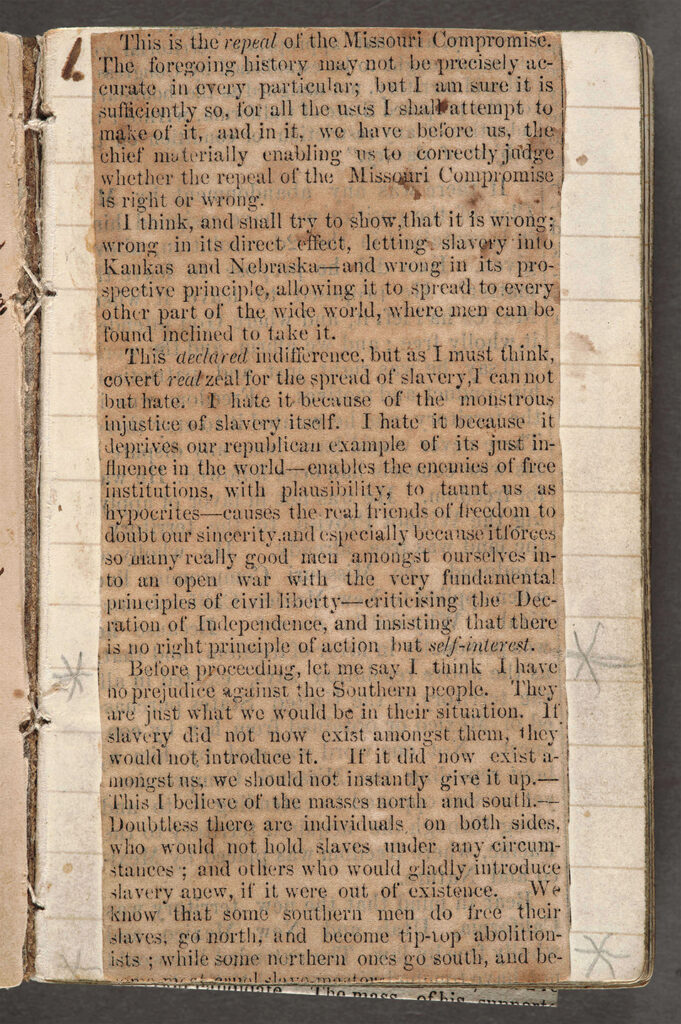
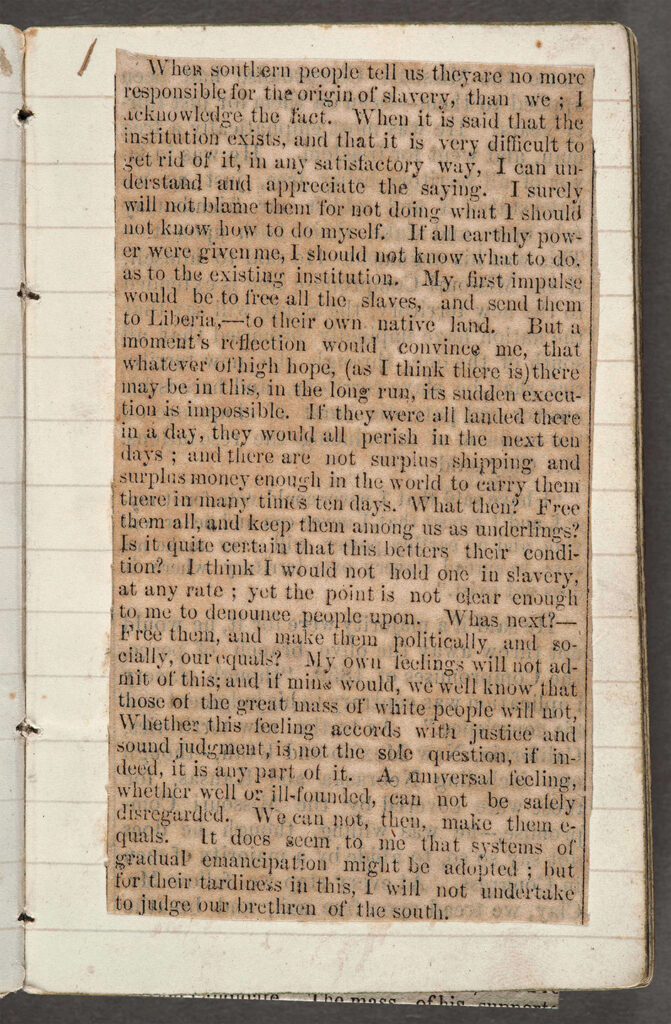
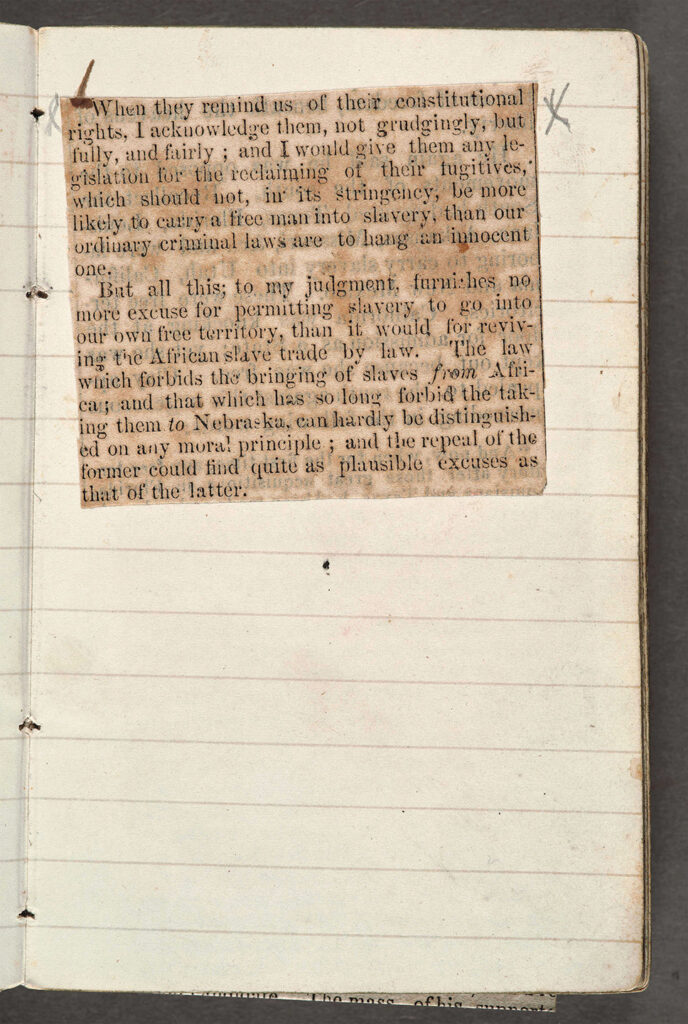
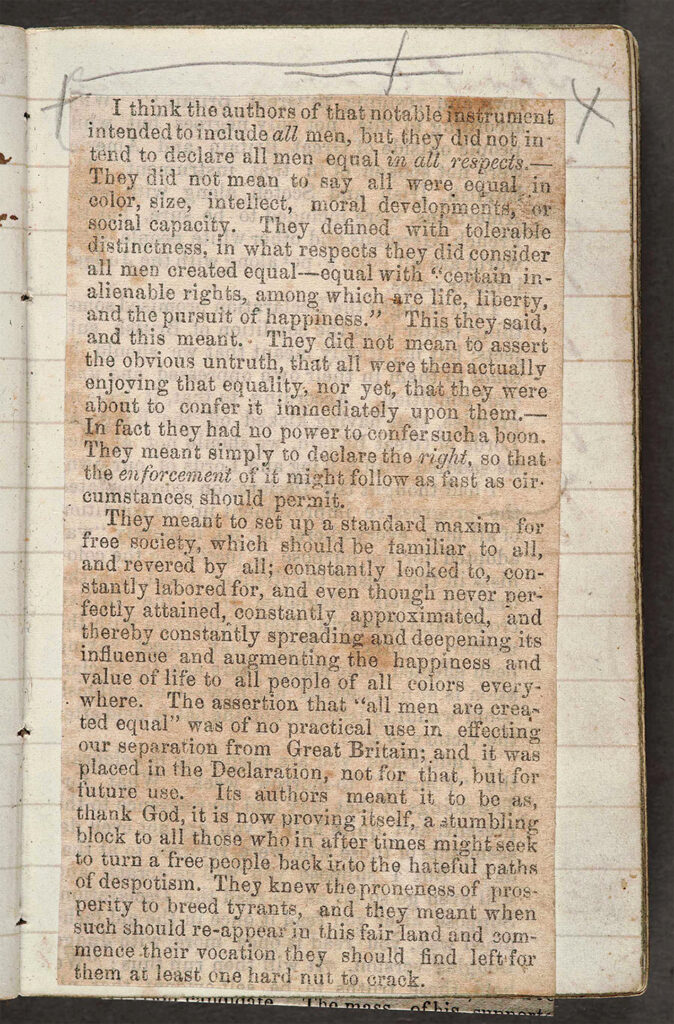
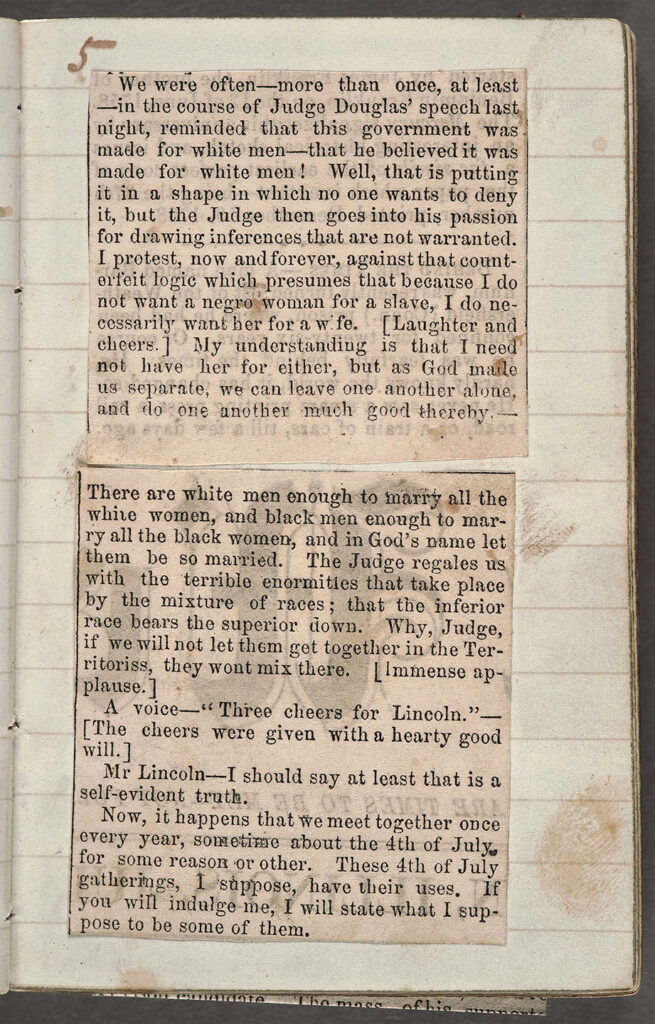
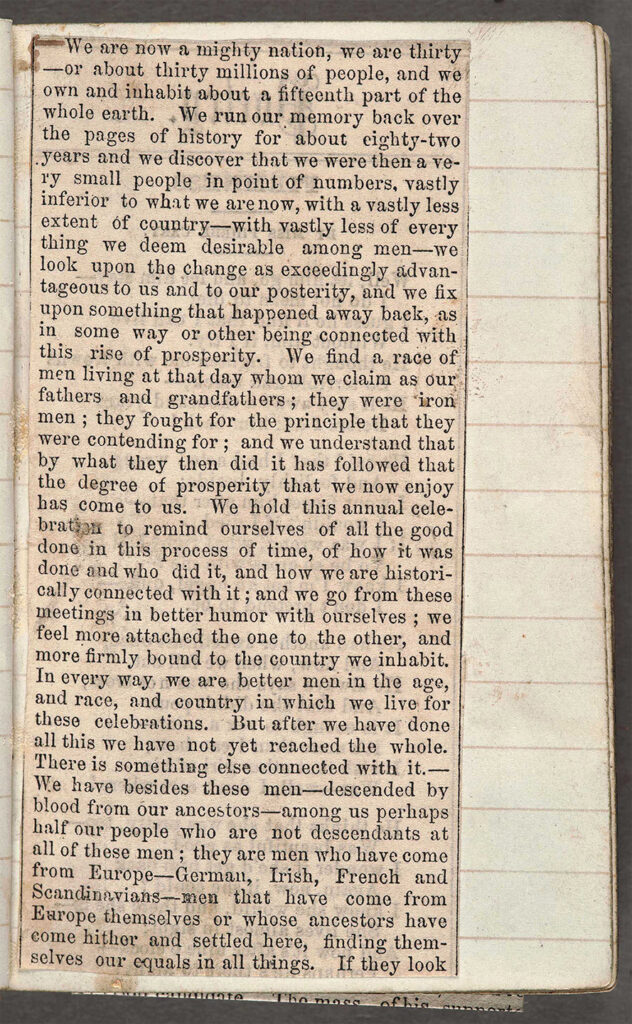
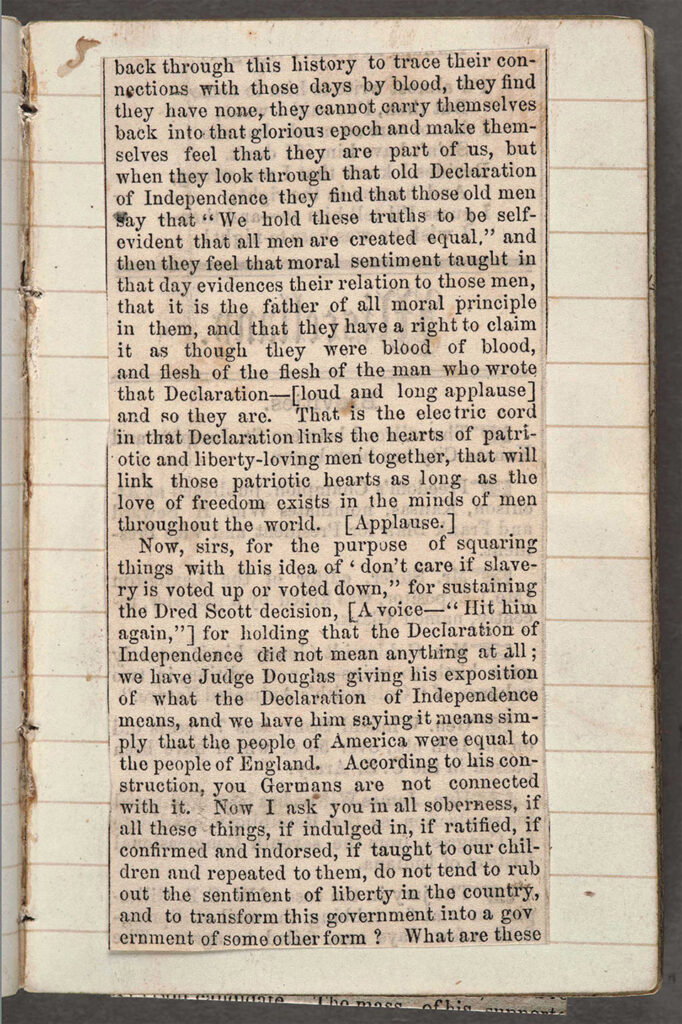
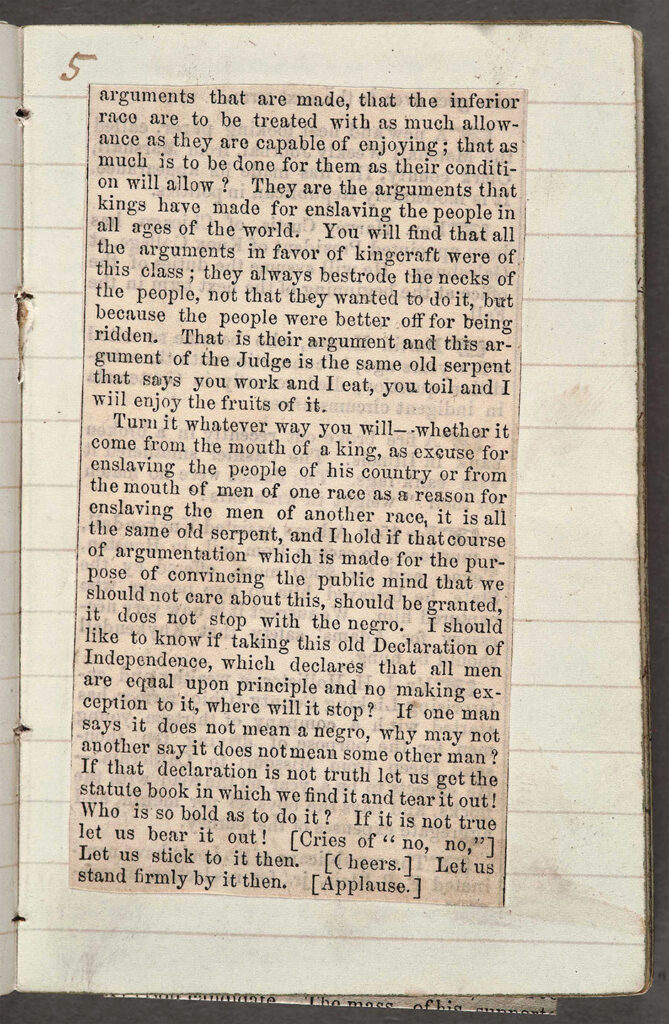
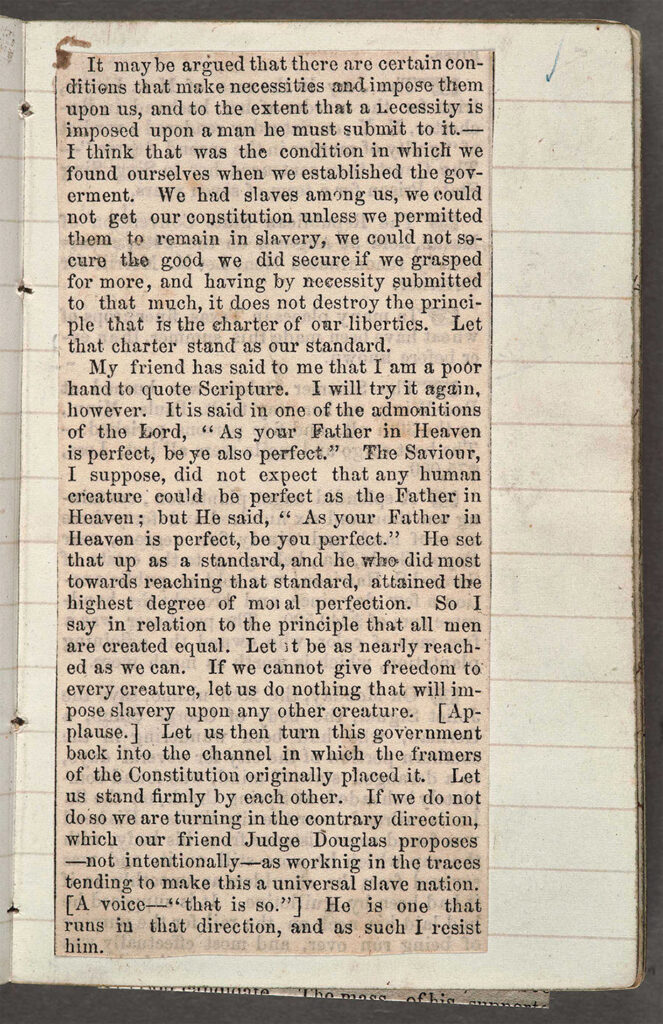
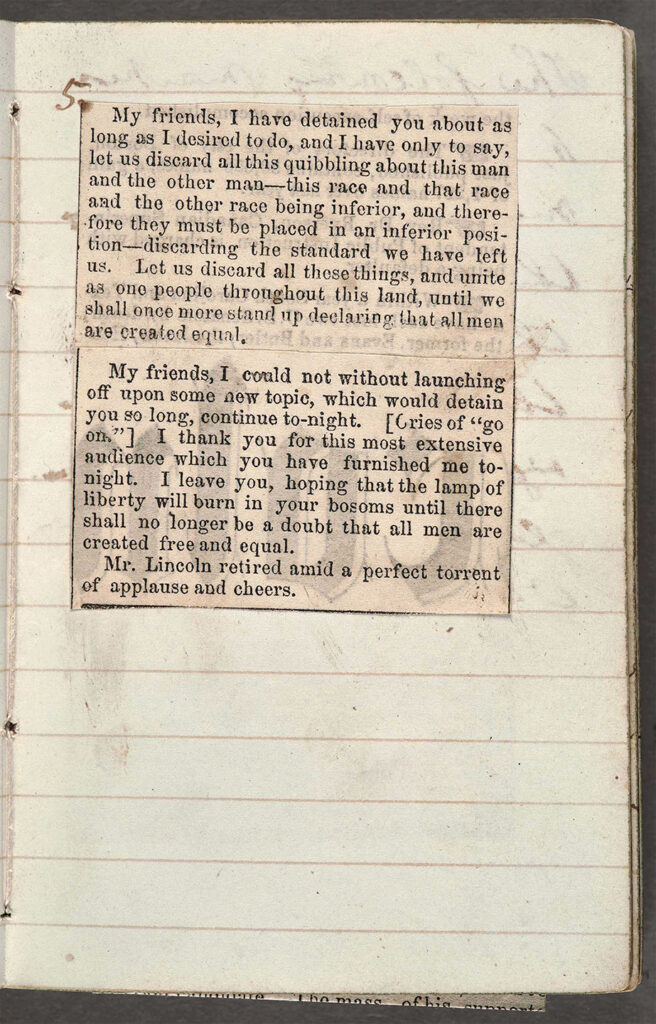
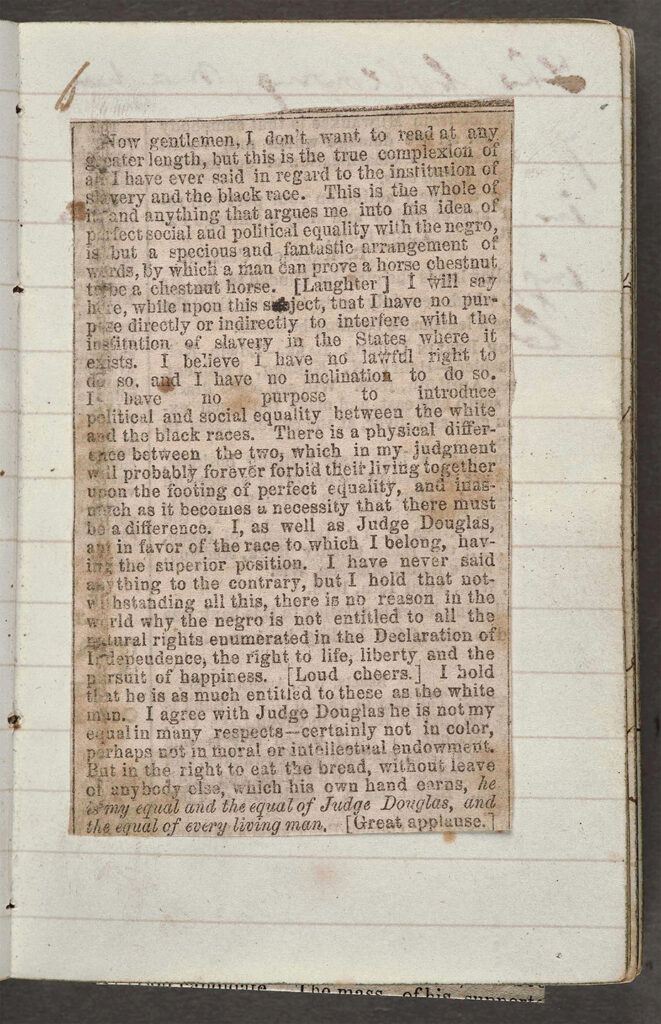
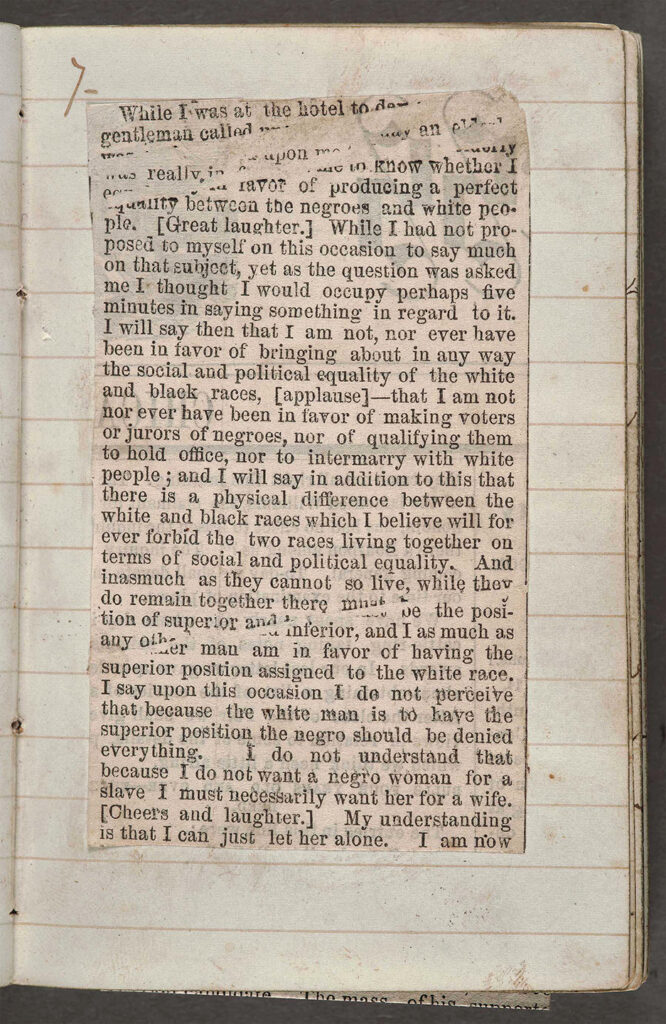
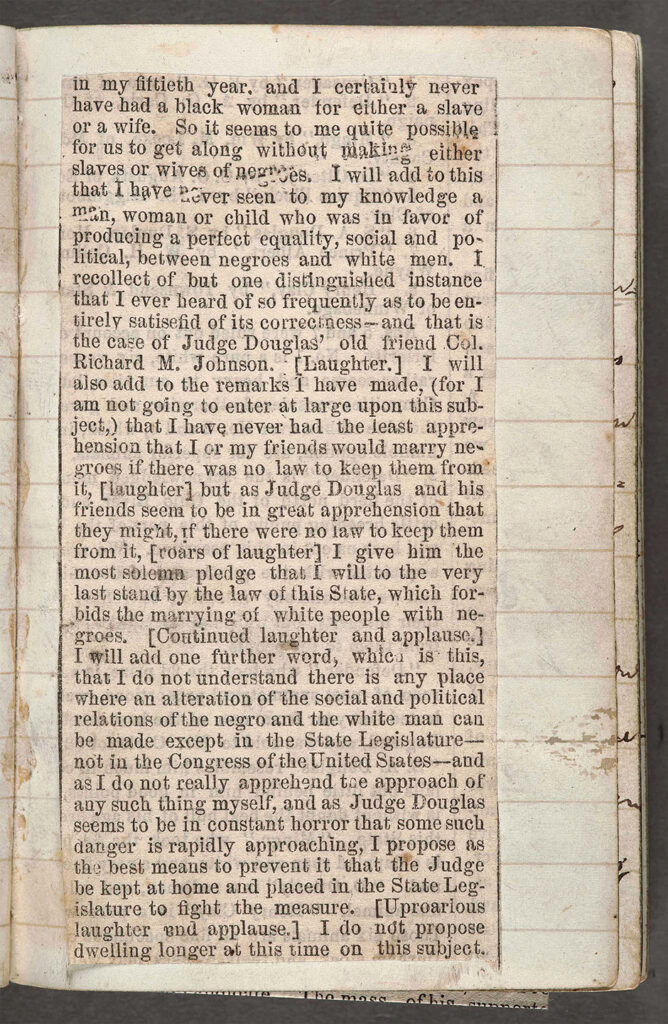
This story appeared throughout the Summer season 2023 topic of American historic previous Journal.
Historynet Magazines
Our 9 best-selling historic previous titles present in-depth tales and iconic photographs to show regarding the people, wars, and events that shaped America and the world.

